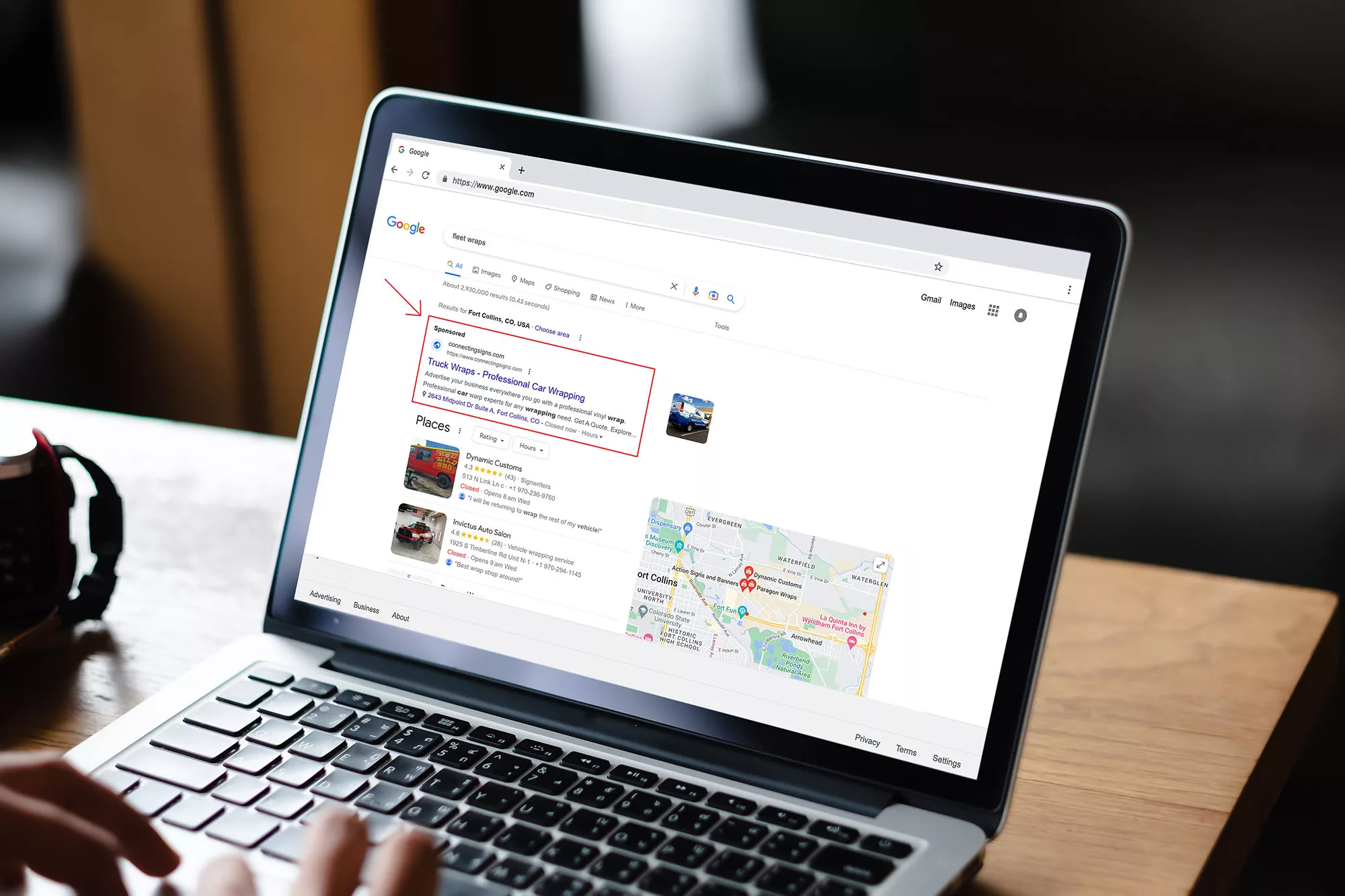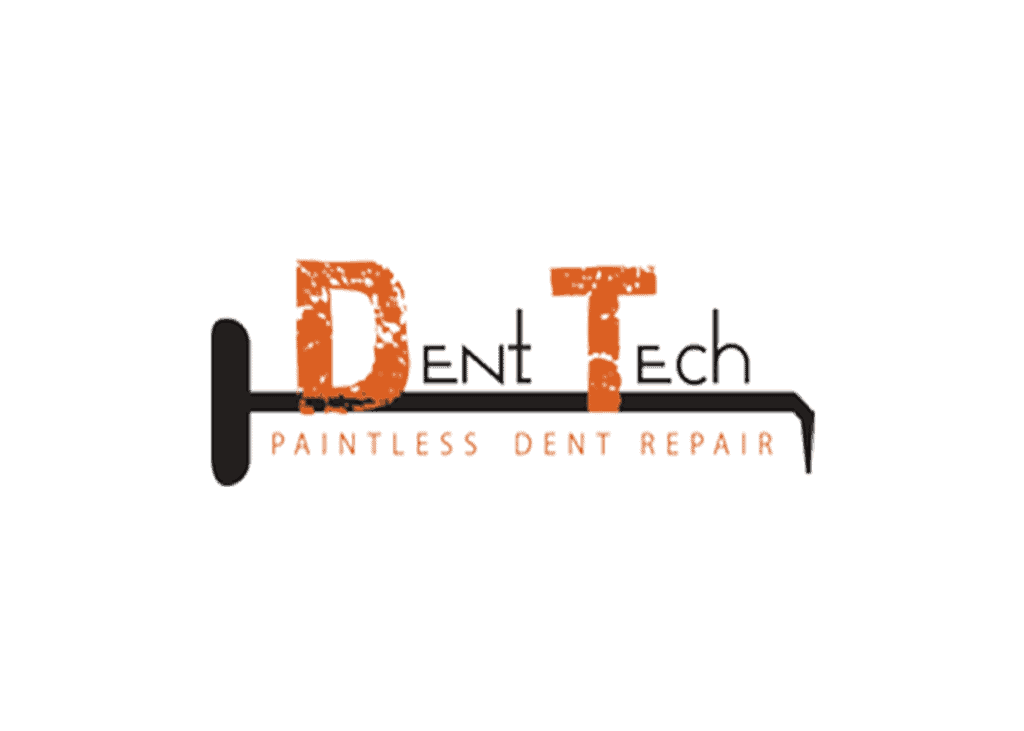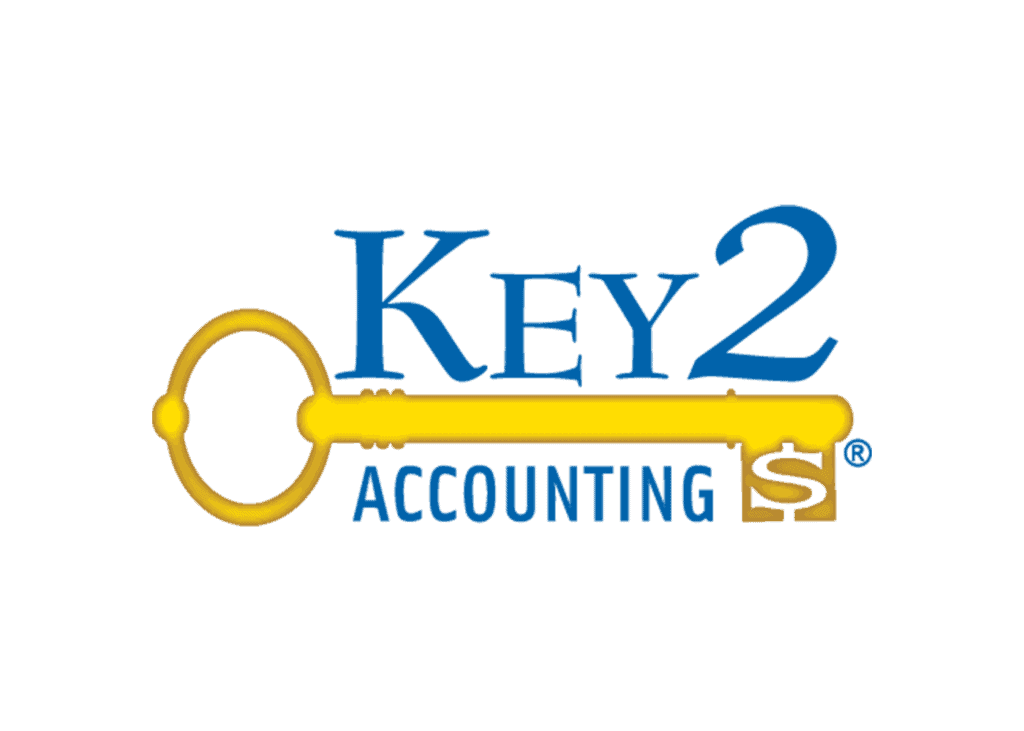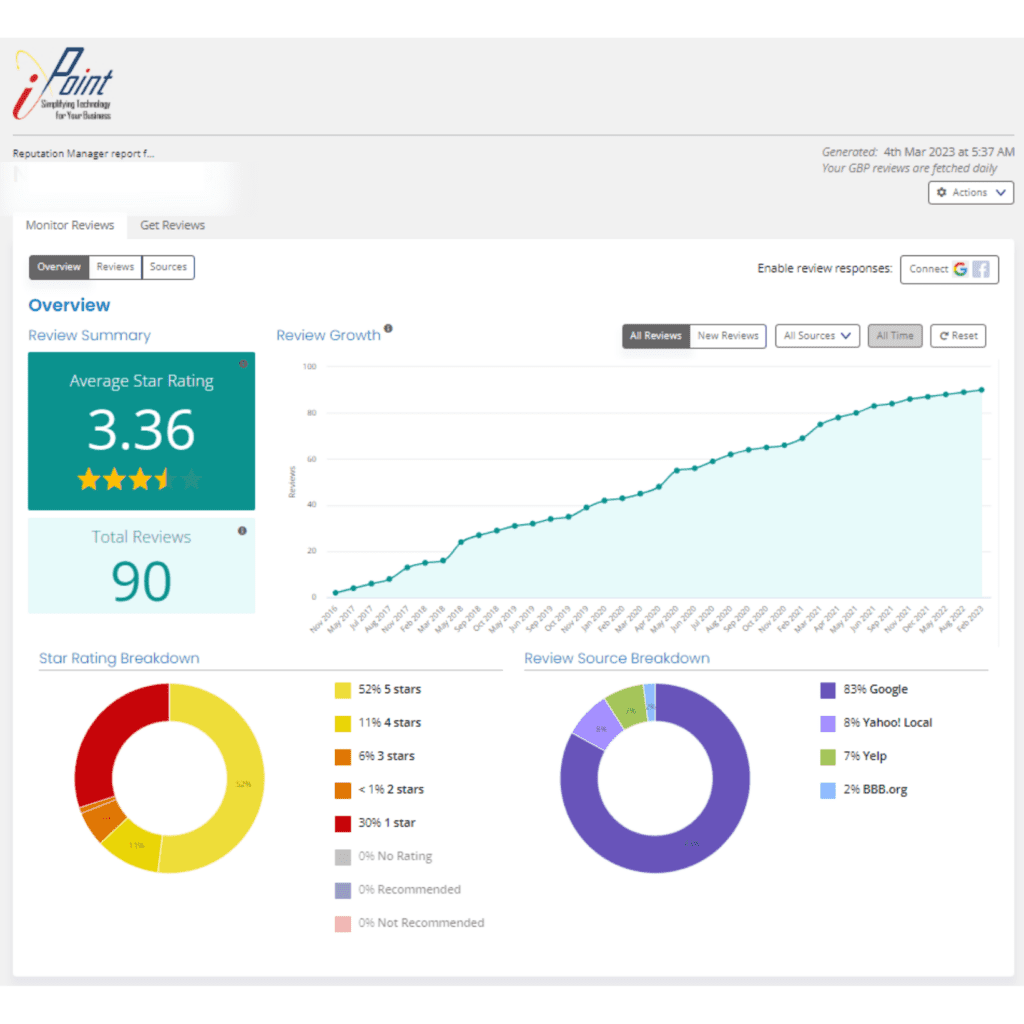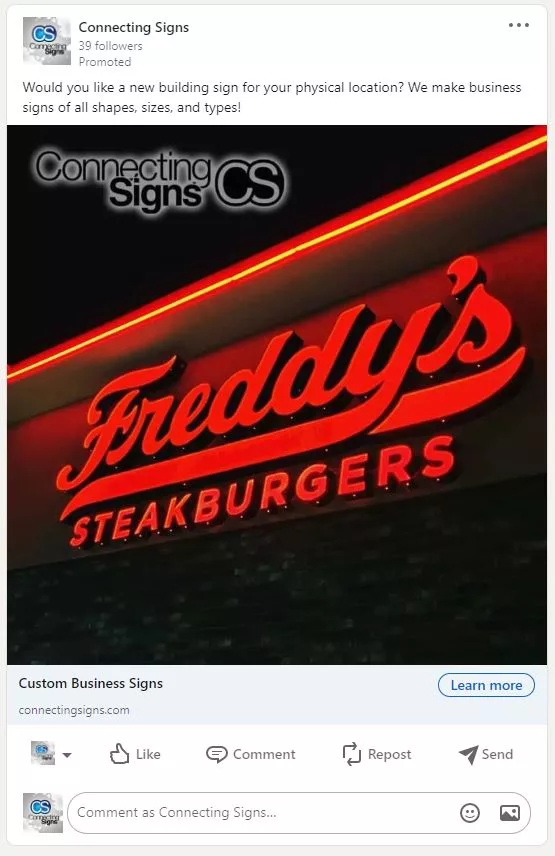Search Advertising
Free Consultation
Our competitors’ average CTR (Click Through Rate)
iPoint’s average CTR
The average amount you get back for every dollar you spend
What is search advertising?
Google’s Search advertising solution allows businesses and website owners like you to bid on the chance to show an ad next to searches on Google.com. You only pay when someone clicks on your ad to visit your site or call your business, and the ads give you the opportunity to be noticed by a wider audience online.
When someone searches for your products and services, your business is the first thing they see.
Let's Get Started
The iPoint Search Advertisement Plan
Ad Placement Strategy
We help you determine whether your ads will show near the top or middle of the page of search result.
Ad Account and Audience Creation
We create an the account necessary for managing your ad budget and define the audience that you would market to.
Continuous Optimization
For all of our advertising services, we offer split testing, where we create two similar ads with significant differences that could both appeal to your audience. Then, we track which performs better and commit your budget to the best ad so you get the most of your investment.
Monthly Reporting
Comes with an optional monthly meeting, where iPoint explains the reporting to you.
Let's Talk!
See Our Case Studies
Explore Other Digital Marketing Services
Search Advertising
Frequently Asked Questions
At this time, we use Google, which remains the most popular search engine in the world. We track that for you! Then, we send out monthly reports on its performance. We also offer monthly meetings in person, over video chat, or over phone call where we will walk you through the reports and answer any questions you may have. Great question! Both use search engines and bring people to your website, but in different ways. This is probably best explained with an example. Let’s say you search for the term “Corporate Housing.” You will get many results, some are search ads, and some are organically populated because that website had a lot of rich, engaging content that is relevant to the term “Corporate Housing.” The search ad will be at the top, and it will have the word “Sponsored” above it. The organic result will likely be further down, but still within the first 10-20 search results. Both are great ways to increase web traffic, but ads tend to provide more immediate results than SEO. SEO is part of playing the long game, where ads are part of the immediate play. If your SEO efforts are successful and you can rank in the first couple search results, you may eventually be able to have SEO replace your search ads. Absolutely! We have clients who only offer seasonal services, and therefore only want to market during those times. We also have clients who find their ads to bring in too much traffic, too suddenly, and therefore need to have them turned off. Anytime we adjust your services, we may ask for that adjustment in writing. CPC, or Cost Per Click, is how much you spend when a customer clicks on your advertisement. This means you only pay when someone clicks on your ad! In simple terms, a conversion is when someone does something that you’re trying to get them to do via marketing efforts. We understand this is vague, but many people consider different things to be conversions, depending on their goals. We suggest considering phone calls to be conversions, and filling forms out on your website to be conversions. If you have an e-commerce site, we recommend also considering sales online to be part what you calculate as conversions.

